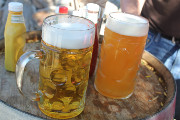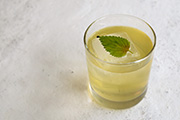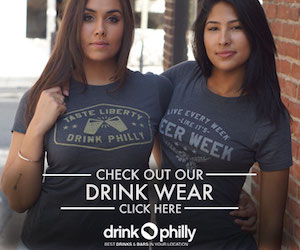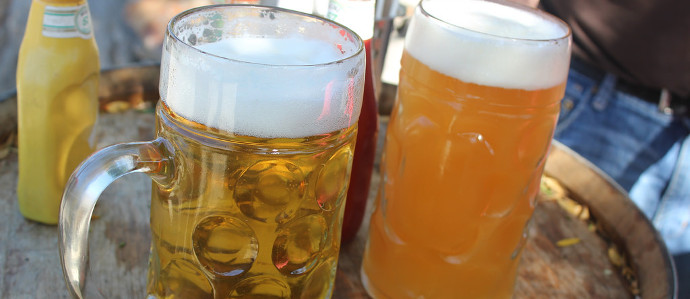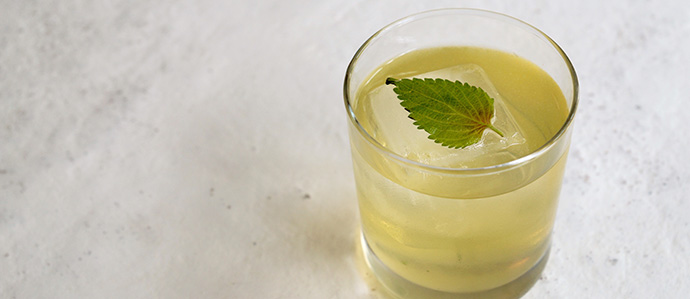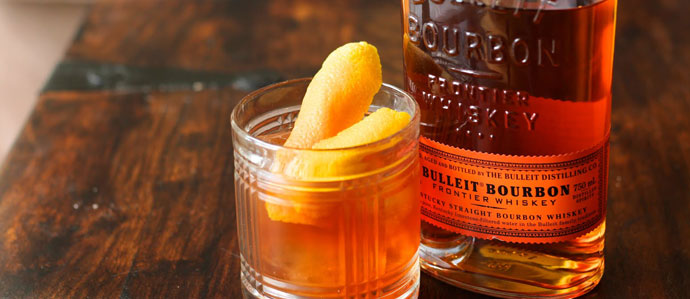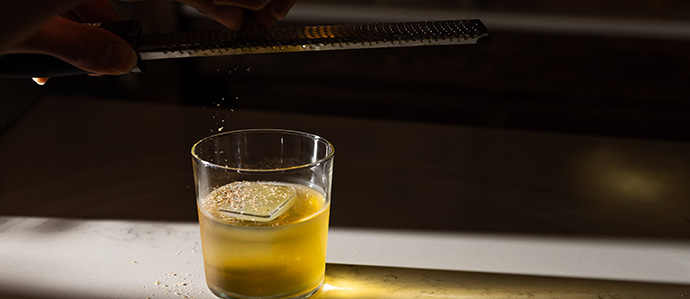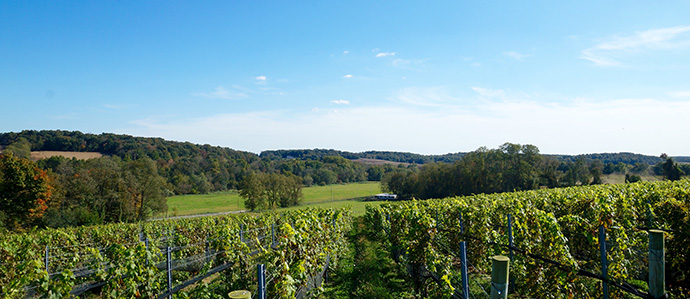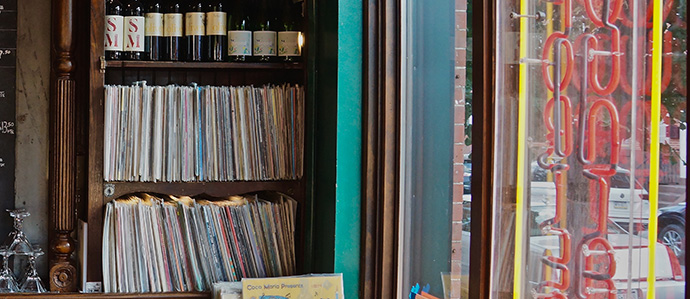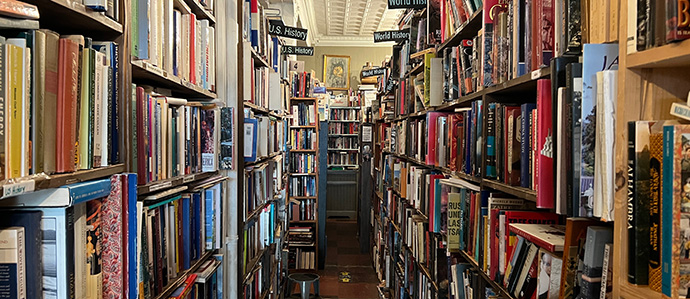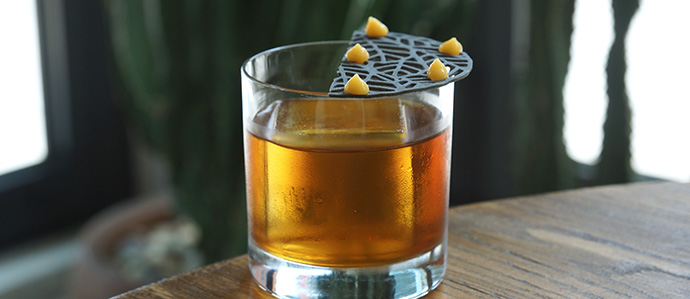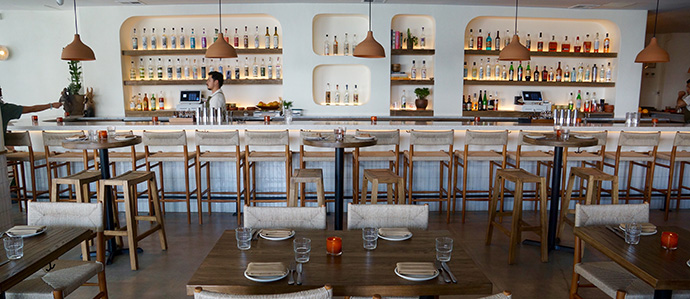
The beverage tax, passed in June of 2016, went into effect on Sunday, January 1. The tax
adds a 1.5 cents per ounce cost to most drinks that contain sugar or artificial sweeteners. The only exceptions are baby formula, drinks with more than 50 percent real milk, and vegetable or fruit juice.
The tax is owed by beverage distributors, and Mayor Jim Kenney’s office
has noted that it isn’t required for distributors to pass the tax onto dealers such as grocery stores, bars, restaurants and corner stores. However, distributors are passing the cost of the tax along to dealers, and in turn those establishments are passing the bulk (in most cases 100 percent) of the tax onto the consumer.
So, what drinks are going to be taxed?
Philly.com put together a very useful infographic to outline what beverages will be taxed, but we’ll give you a quick rundown. All soda, including diet, caffeine-free, and zero calorie anything, is going to be taxed. Sports drinks, iced tea, energy drinks, tonic water, canned coffee, and fruit and vegetable juices that contain added sugar or less than 50 percent fresh fruit juice will also be taxed. Alcohol mixers such as margarita mix and other sugary concoctions sold at grocery stores will be taxed.
Here’s the fun part—these are the drinks that will not be taxed: seltzer, sparkling waters and club soda (with no artificial sweeteners), tomato juice (for your bloody Marys), unsweetened teas and coffee, and water! And of course, most importantly, alcohol is NOT included in the Philly beverage tax.
Bottom line: liquor, wine and beer prices aren’t changing, but non-alcoholic, sugary drink prices are. You are going to probably have to start paying more for rum and cokes at the bar soon, and also for your store-bought Margaritaville marg buckets, but on the bright side, we'll probably all be healthier in the long run.
Photo via Flickr user jpockele
Tags:
Cocktails,
Education,
News
How are we doing? Tell us what you like or don't like and how we can improve. We would love to hear your thoughts!
 The beverage tax, passed in June of 2016, went into effect on Sunday, January 1. The tax adds a 1.5 cents per ounce cost to most drinks that contain sugar or artificial sweeteners. The only exceptions are baby formula, drinks with more than 50 percent real milk, and vegetable or fruit juice.
The beverage tax, passed in June of 2016, went into effect on Sunday, January 1. The tax adds a 1.5 cents per ounce cost to most drinks that contain sugar or artificial sweeteners. The only exceptions are baby formula, drinks with more than 50 percent real milk, and vegetable or fruit juice.





